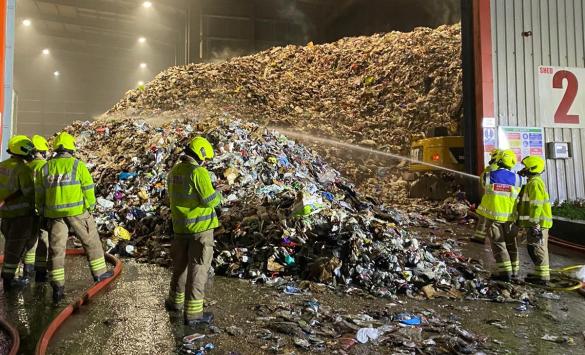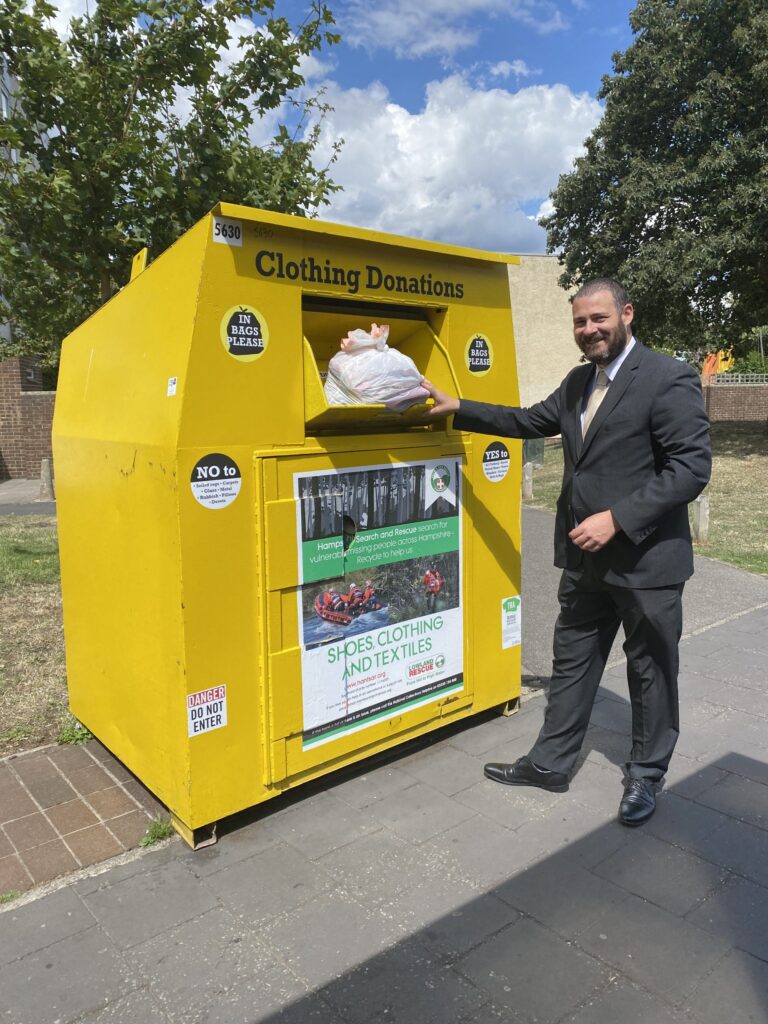Subject to final confirmation, Ms Klingbeil will replace Ludwig Kramer who has won friends but also made enemies in his strict approach to applying waste legislation in a number of areas.
The appointment of Ms Klingbeil is expected to mark an important change in the approach to the waste and recycling sectors with more emphasis on the way products are made and are designed for their end of life.
But, Mr Kramer will not be far away as he will be heading up the Environmental Governance Unit which has responsibility for the development of legal policy.
Ms Klingbeil has previously worked as head of the environment directorate unit on industry and environment work and is reported to have written much of an important speech given by Margot Wallstrm, Commissioner for Environment
The speech saw an underlining of the important role business has to play in protecting the environment.
Speaking in Brussels at a recent conference organised by the European Parliament, Ms Wallstrm made it clear that there was no room for antagonism between companies and the environment. She stressed that the objectives of business and environmental protection can be entirely compatible.
Ms Wallstrm explained: “Traditional legislation in isolation will not solve all our environmental problems. It simply does not make sense to treat private business activity and the environment or environmental policy for that matter as two separate worlds”.
Citing the example of action on climate change, the Commissioner went on to explain the business opportunities that environmental protection measures can bring. For example, the growth in the global market for goods and services, which is forecasted to grow from its current level of 290 billion euros to €560 billion euros by 2010, shows the scope of opportunities for business. The performance of companies listed on the Dow Jones Sustainability Index similarly testifies to the benefits of adopting a sustainable approach to business management.”
Ms Wallstrm added: “The public sector itself can learn from the operation of the market and can bring in market-based mechanisms to achieve environmental objectives. Economic instruments such as taxes, subsidies and tradable permits that are carefully implemented can make sure that markets send the right price signals to businesses and reward them for protecting the environment. The Sixth Environment Action Programme, which I intend to present early in the new year, will provide us with an opportunity to broaden the range of instruments we use to implement our policy aims and the tasks given to us under the Treaty”.











Subscribe for free